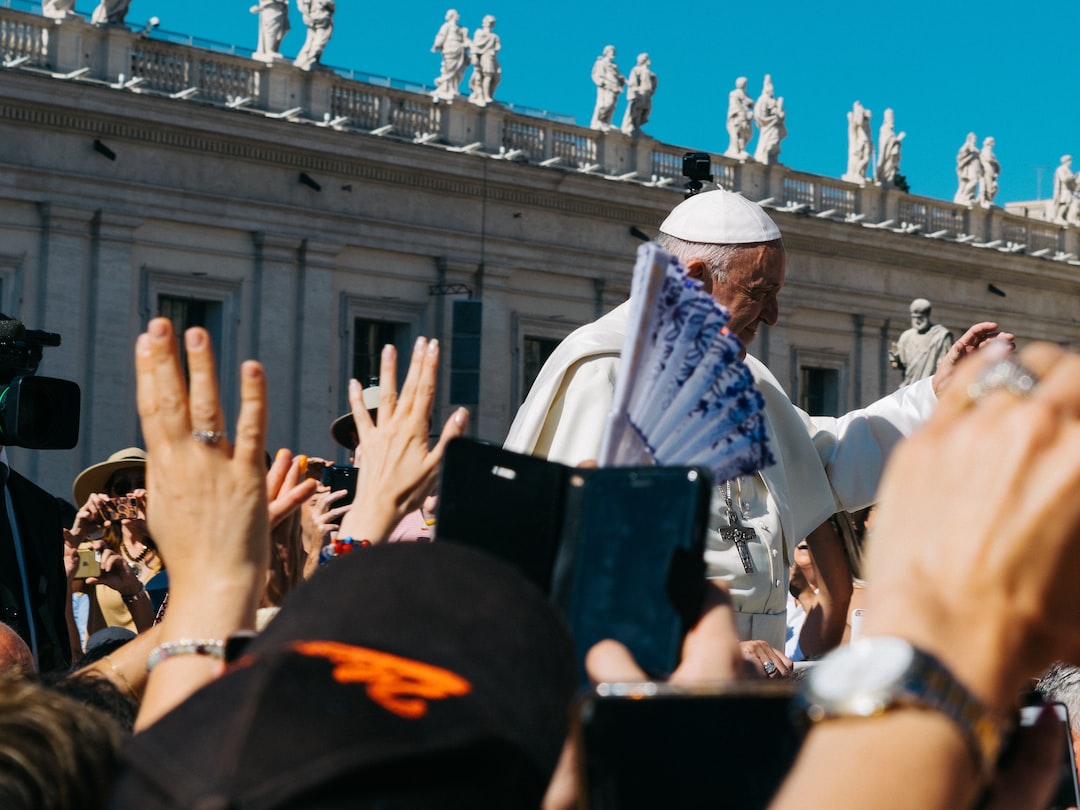Environmentalism is the practice of protecting and preserving the natural world, while religion is the adherence to a set of beliefs and practices surrounding the existence and purpose of life. Although they may seem unrelated, the intersection of ethics between environmentalism and religion is becoming increasingly important in today’s world.
Many religions have teachings and beliefs that promote the value and sanctity of all life, including the natural world. For example, in Christianity, the Bible tells the story of God creating the natural world and all its inhabitants, and therefore, it is seen as a divine creation that deserves respect and protection. In Islam, the Quran describes the natural world as a reflection of God’s glory, and therefore, it is the duty of human beings to protect and conserve it. Many other religions, such as Buddhism, Hinduism, and Native American religions, also have a deep reverence for nature and its importance to the overall balance of life.
At the core of environmentalism is the belief that the natural world is interconnected and interdependent, and that human actions can have a profound impact on the health and wellbeing of this delicate balance. Similarly, many religions teach that all life is interconnected, and that harming one part of it ultimately harms all of it. Thus, there is a natural intersection of ethics between environmentalism and religion, as both hold the importance of respecting and protecting the natural world.
One of the main environmental issues facing our planet today is climate change. The burning of fossil fuels, deforestation, and other human activities have caused the Earth’s temperature to rise at an alarming rate, leading to devastating consequences such as more frequent and severe natural disasters, loss of biodiversity, and food and water scarcity. This is where the intersection of ethics between environmentalism and religion becomes even more crucial.
Many religious communities are taking proactive steps towards reducing their carbon footprint and promoting sustainable living practices. For example, some churches have installed solar panels, switched to energy-efficient lighting, and created community gardens to promote locally-sourced, organic foods. Other religious groups are actively lobbying their governments to implement stricter climate policies and investing in renewable energy sources.
These actions not only align with the core values of these faiths but also serve as a powerful example to others about the importance of protecting the natural world. Furthermore, they bring together diverse groups of people who share a common goal, creating a sense of unity and purpose that transcends individual differences.
In conclusion, the intersection of ethics between environmentalism and religion highlights the importance of protecting and preserving our natural world. Many religions have teachings and beliefs that promote the value and sanctity of all life, including the natural world. By taking proactive steps towards reducing their carbon footprint and promoting sustainable living practices, religious communities play an important role in addressing the urgent environmental challenges facing our planet. These actions not only align with the core values of these faiths but also serve as a powerful example to others about the importance of protecting the natural world. By working together, we can create a more sustainable and just future for all.

